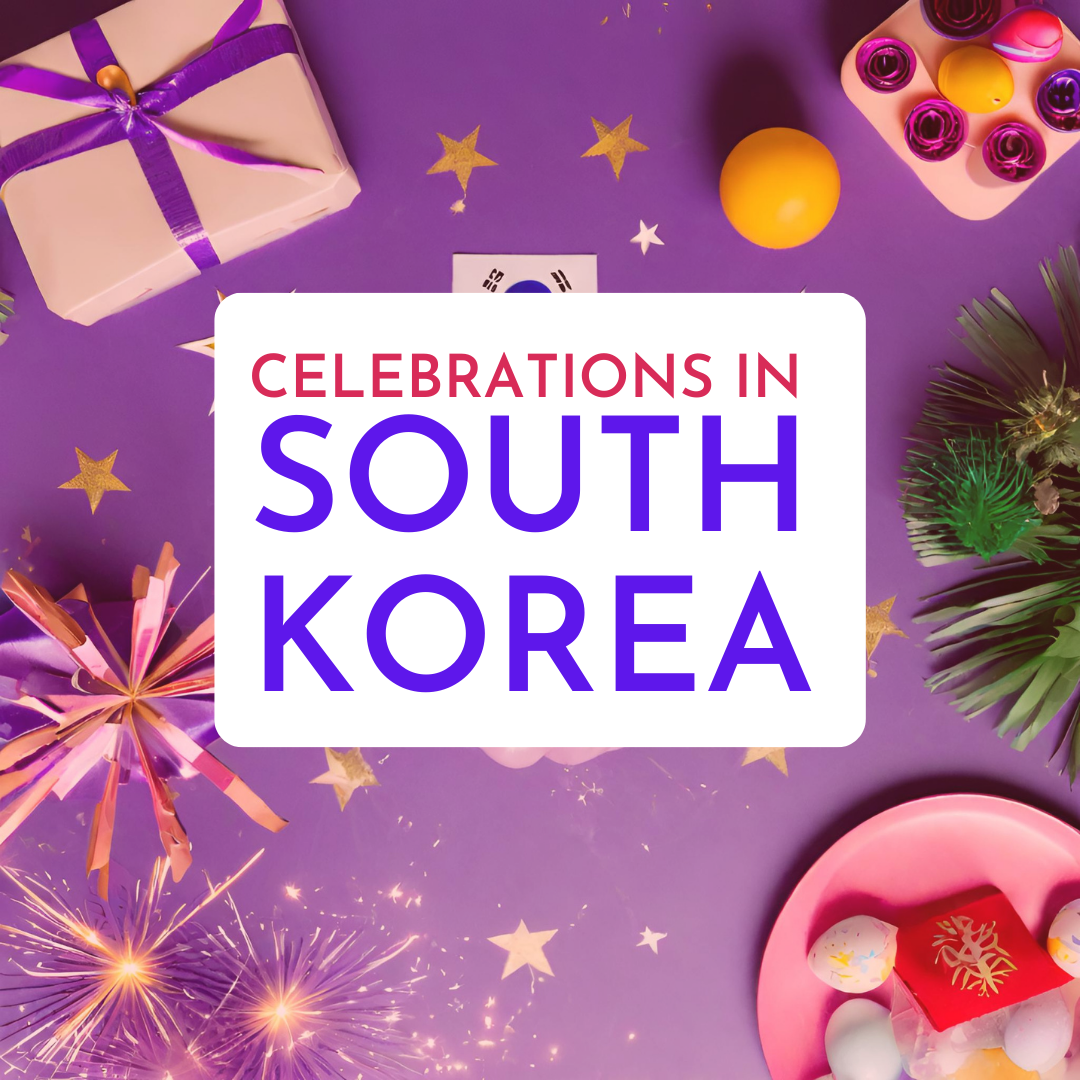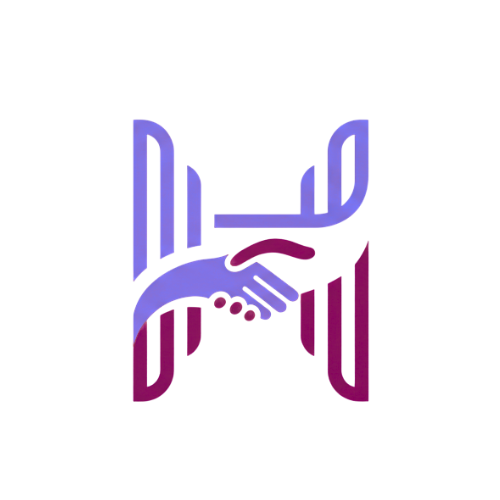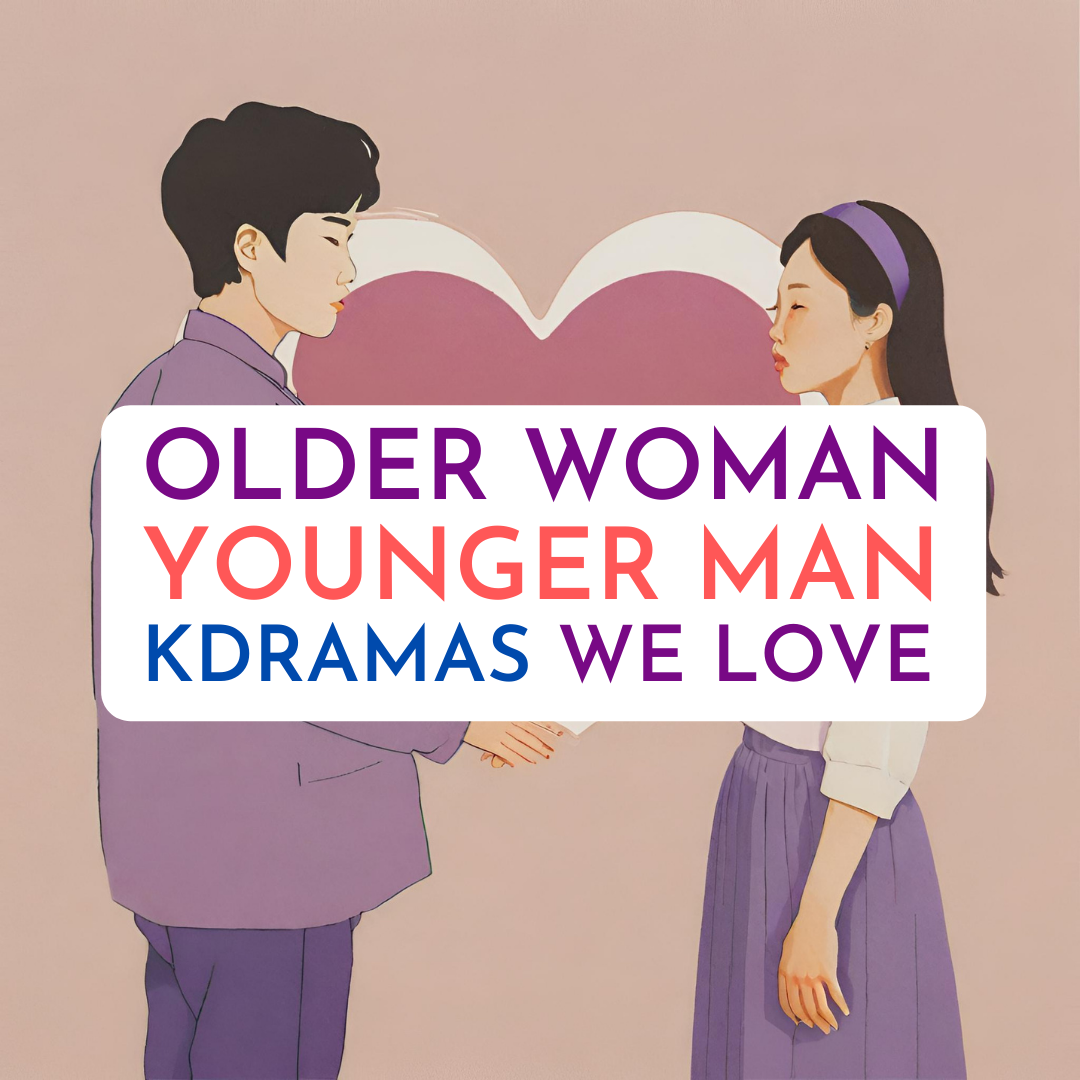Global Festivities And Mode of Celebration in Korea
- byKemmieola
- 2 years ago
- 0 Comments
- 4mins

Hey Chingu! It’s your friend here again. It’s been a great year so far, right?
Festivities are now over as we’ve just entered the New Year, but as a Korean enthusiast, how much do you know about global festivities in Korea?
You probably know little about it, but that’s why I’m your friend. Of course, I’m here to help you!
In the Asian continent, global celebrations might be different from other parts of the world. This is because of the long-existing traditional calendars some countries have, of which South Korea is included. Although South Korea adopted the Gregorian calendar in 1896, the South Korean traditional calendar, also known as the “Dangun Calendar”, has been in use since 1392 and is still unofficially used for some celebrations that are mostly different from the Gregorian calendar.
Speaking of festivities in Korea, it is safe to say they have one of the leading numbers of festivals in the world. But you might be curious about how they celebrate general festivals and whether they celebrate them like the rest of the world. All your questions are about to be answered. And here’s a list of some global festivals and how they are celebrated in Korea.
The New Year
Even though South Koreans have their own New Year referred to as Seollal according to the Dangun calendar, they also celebrate the New Year according to the Gregorian calendar used globally. This means Koreans get to celebrate New Year twice a year. The first one is celebrated on the 1st of January of the Solar calendar, also known as the Gregorian calendar New Year and the second one is the traditional new year celebrated on every first day of the lunisolar calendar, also known as the Korean Dangun calendar.
Since the traditional New Year has been in existence for ages, Koreans attach more importance and festivities to the Seollal celebration.
Valentine’s day
Like all other parts of the world, Valentine's is celebrated on the 14th of February in Korea though they do it differently. Lovers celebrate Valentine's with gift giving but only the women are expected to give their lovers chocolate while the men are to reciprocate a month later. This reciprocation day is referred to as the White Day.
Easter Celebration
Koreans do not acknowledge Easter celebrations in Korea as a public holiday. This is because a majority of the population are not Christians, only the Christians celebrate Easter by going to church on Easter Sunday.
Islamic celebrations
Muslim celebrations in Korea are pretty much the same as the Easter celebration. Since the population of Muslims is even lower than that of the Christians and most of them are foreigners, Islamic celebrations are hardly recognized.
Independence Day
Independence Day celebration is common in every colonized country of the world, although they don’t share the same date. However, Independence Day/Liberation Day is celebrated every 15th of January, which marks the Liberation of Korea from the Japanese armies. Read more about Independence Day in Korea here:
Christmas Day
Rather than a religious celebration, Christmas Day is seen as a Lover’s day in Korea. It is acknowledged as a public holiday and people use this opportunity to hang out with their loved ones. They seize the opportunity to spend time together and give themselves gifts. Christmas Day is popularly known as “Valentine’s Day with Santa” in South Korea, although the Christian community celebrates it as a religious holiday.
Now that we’re a few days into the global New Year, you know what to expect from Koreans during this year’s holidays, right?
On this note, wishing you a Happy New Year once again
Tags:
Kemmieola
Storyteller, creative, aesthete, currently navigating the throes of an immense dependence on Kdramas for equilibrium.
0 Comment(s)
Related Posts
Daily Newsletter
Get all the top stories from Blogs to keep track.




Leave a comment